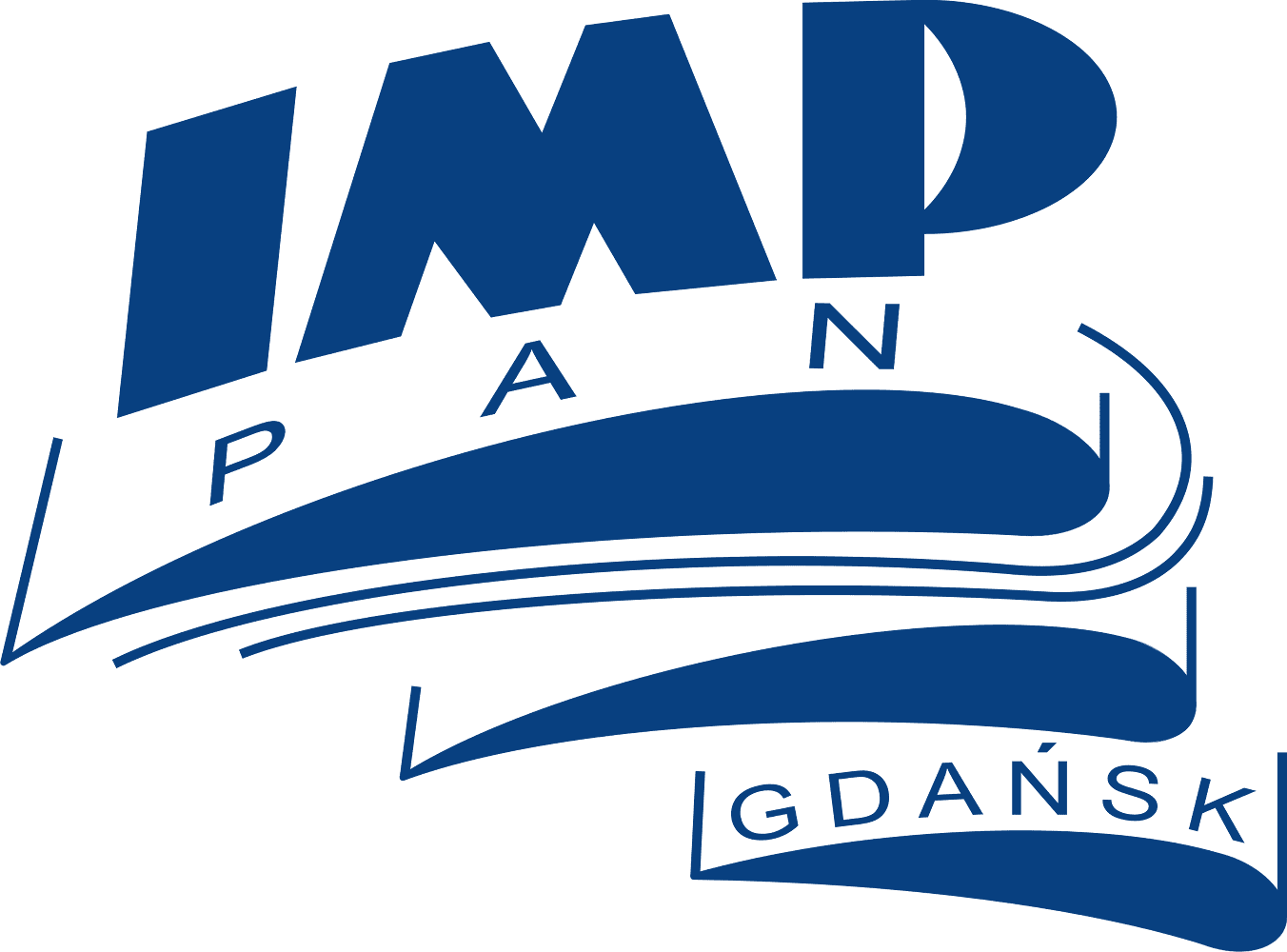Stands for non-destructive analysis
Stands for non-destructive analysis and laser restoration of artworks:
1. Elemental and/or compound analysis
XRF spectrometer
The portable XRF spectrometer enables non-invasive and non-contact determination of the elemental composition of materials and objects. High sensitivity (60-150 ppm) allows the analysis of trace amounts of substances on the surface.

Portable LIBS spectrometer AvaLIBS
The device provides immediate analysis of the elemental composition of most substances, basing on spectral databases. The measurements can be performed on the object (in-situ) or on the samples and only a few micrograms are extracted.

Micro-Raman spectrometer Renishaw InVia
The high-sensitivity system, with integrated research grade microscope, enables high resolution confocal measurements and analysis of a wide-ranging number of materials, e.g. identification of pigments and investigations of the authenticity of works of art.

UV - VIS spectroscopic stand
UV - VIS spectroscopic stand: monochromator SR-303i + ICCD camera iStar DH 740
The set enables spectroscopic measurements of very weak signals, e.g. characteristic for LIF (laser induced fluorescence) and registration of time resolved spectra.

NIR spectrometer
NIR spectrometer with continuous source of radiation at 3000 K and PbS detector
The spectrometer enables registration of absorption spectra in the NIR range, with a resolution up to 2 nm.
2. Laser cleaning
- Laser cleaning stand Laserblast 500 with pulsed Nd:YAG 20 W laser
- Laser cleaning stand Laserblast 1000 with pulsed Nd:YAG 40 W laser
The laser cleaning systems LaserBlasts are movable and can be used in museum, in open area (on site), also on scaffolds. The flexible optical fibers enable cleaning in less accessible areas as well as conservation and cleaning of objects of complicated shape and/or expanded surface. LaserBlasts offer beam delivery systems producing a square, uniform ("top-hat") output beam for maximum cleaning effectiveness and homogeneity.

3. Digitizing, 3D scanning
Laser 3D scanner Konica Minolta VI-9i
3D digitizer enables non-contact, digital documentation for reconstruction, virtual presentation, reverse engineering etc. It provides high-speed and high-accuracy 3D measurement of sculptures, reliefs, dies, cast and forged products, stamped and plastic-molded products, simultaneously acquiring surface shape data and color image data.

Scanner for archives and old prints I2S
The scanner enables non-contact digitization, in color or greyscale, of any kind of bound document up to A1 format (e.g. ancient books, manuscripts, incunabula, civil records, maps, newspapers, magazines, lab books, glass plates, daguerreotypes, etc.).


















